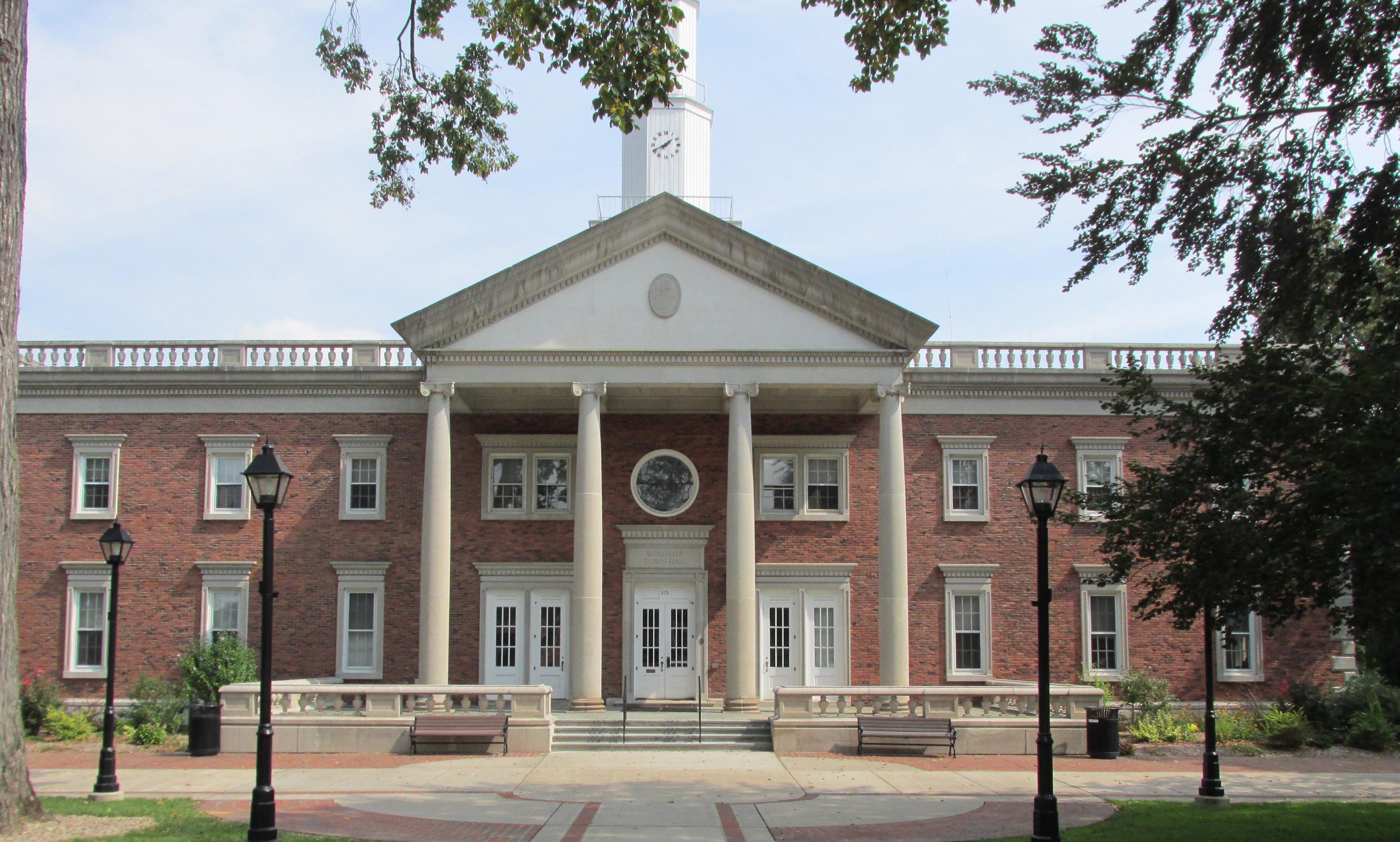
2 minute read
Recognizing the Problem
Windsor is first of many to call racism a public health crisis
In the most recent Innovative Ideas books, CT&C laid out the Connecticut General Statute under Section 19a-207a which highlights the essential services provided by our local health departments. They include diagnosing and investigating health problems and informing people about health issues. Windsor Town Council took the tremendous step of adopting a measure to declare racism a public health crisis.
In their isis in that racism and segregation over time has created disparate outcomes in health as well as in many other areas such as housing, education, employment, and criminal injustice.”
The Town passed the resolution unanimously.
As the resolution notes, while race is a social construct with no biological basis, it has been systematically applied to worsen the health outcomes based entirely on the color of a person’s skin. The resolution identifies over 100 studies that have come to this conclusion.
These health problems arising from racism and segregation in Connecticut have “exacerbated a health divide resulting in people of color … bearing a disproportionate burden of illness and mortality including COVID-19 infection and death, heart disease, diabetes, and infant mortality.”
While Connecticut was certainly on the right side of the Civil War, redlining, the process of segregation through zoning, was common in Connecticut. So called “race restrictive deeds” effectively segregated areas of the state. Cases are still being discovered today as relics of a not-too-distant past, such as described in a recent article from the Middletown Press.
In that article, Sara Bronin, a UConn law professor, said that language can be taken out of the deed, but would ultimately “wipe out a telltale record of a state that promotes itself as progressive and inclusive.”
Towns and cities across the state are doing the work to address these problems. Since this article was published, nearly 20 municipalities had joined Windsor in adopting similar policies, while State Senator Saud Anwar has pushed Governor Lamont to declare racism a public health crisis at the state level.
While NBC Connecticut reports that the Governor said he would look into it, it is municipalities that are going to be leading the way.
In response to the nationwide outcry over the deaths of Black Americans such as George Floyd, Breonna Taylor, and Ahmaud Arbery, Connecticut towns have listened to the people and made changes where possible.
But the first step is always education. As laid out in Section 19a-207a, it’s up to our towns and cities to diagnose and investigate health problems and inform the public. Windsor took that first step by declaring racism a public health crisis.








